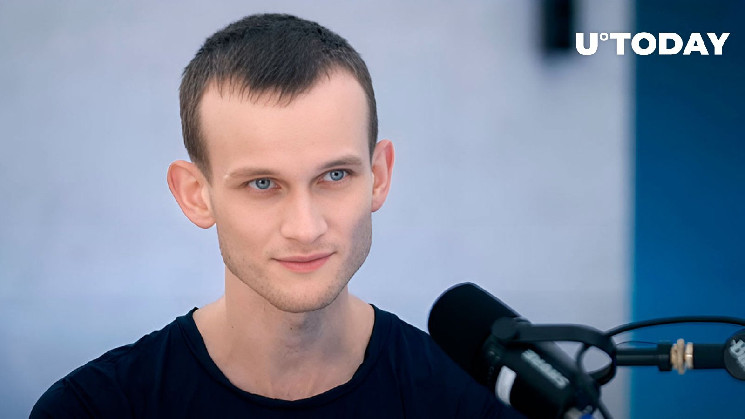Ethereum co-founder Vitalik Buterin reminded us that crypto is not about trading digital assets, it is about liberty and decentralization. His statement raises crucial questions about the role of cryptocurrencies in fostering freedom and privacy in the face of global surveillance concerns.
Buterin's assertion underlines a disconcerting trend where individual rights can potentially be compromised by expansive surveillance measures. The fear that governmental powers could misuse such capabilities to monitor adversaries or the public is not unfounded. The ethos of crypto was birthed as a countermeasure to such centralizations of power, aiming to distribute control back to individuals.
However, the cryptocurrency landscape, including Ethereum, faces its paradoxes. Despite the decentralized ideals, a significant portion of Ethereum's transactions have encountered censorship, most notably with compliance to the Office of Foreign Assets Control (OFAC). This contradiction raised a lot of noise in the cryptocurrency community and even became a topic of existential discussion within the Ethereum community.
Moreover, Ethereum's shift from proof of work (PoW) to proof of stake (PoS) in its consensus mechanism has been touted as a step toward greater efficiency and environmental sustainability. Nonetheless, PoS does not necessarily lead to more decentralization. In PoS, those with larger stakes — or more tokens — have more influence, potentially leading to concentration of power, which is at odds with the fundamental crypto principle of equalizing power distribution, despite the same issue existing in the PoW environment.
Ethereum's value has seen considerable volatility after the most recent market-wide correction. Recent trends show resilience after the return above $3,000, but the second-biggest cryptocurrency is yet to show its true potential as the post-halving rally is expected to push the value of ETH at least toward its previous ATH at approximately $5,000.
 u.today
u.today
